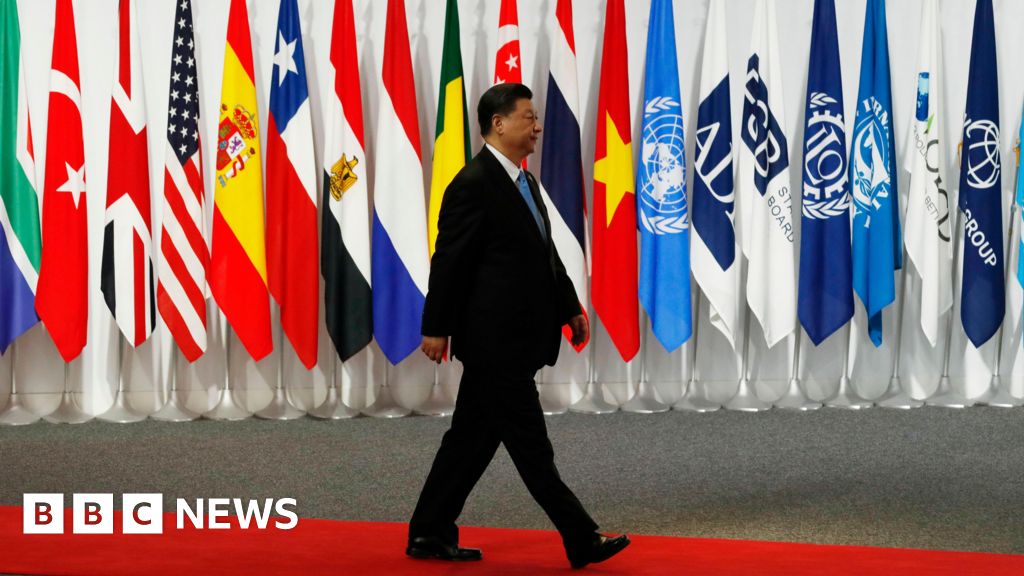North Korean leader Kim Jong Un attending a military parade in the centre of Beijing, alongside Russian president Vladimir Putin and China's leader Xi Jinping, is quite the photo-op.
It's also a key diplomatic win for Xi.
The Chinese leader has been trying hard to project Beijing's power on the international stage - not just as the world's second-largest economy, but also as a diplomatic heavyweight.
He has emphasised China's role as a stable trading partner while Trump's tariffs upended economic relationships.
Now, while a deal with Putin to end the war in Ukraine continues to elude the US President, Xi is getting ready to host him in Beijing.
Kim's attendance, a surprise announcement, is no less significant. Trump mentioned last week that he wanted to meet Kim Jong Un again.
His last shot at diplomacy with the reclusive dictator ended with no breakthroughs - despite two summits that captivated the world. Trump is suggesting he wants to try again.
Meanwhile, the Chinese leader is signalling that he may hold the geopolitical cards in this game, and that his influence - though limited - on both Kim and Putin may prove crucial in any deal.
The parade on 3 September will see a display of China's military might to mark 80 years since Japan surrendered in World War Two, bringing an end to its occupation of parts of China.
But now Xi has also turned it into a display of something more - and the timing is key. The White House has suggested President Trump could be in the region at the end of October and is open to meeting Xi.
There is plenty on the table for them to discuss, from a long-awaited tariffs deal to the sale of TikTok in the US, and Beijing's ability to persuade Putin to agree to a ceasefire or more in Ukraine.
Having met both Kim and Putin, Xi could come to a meeting with Trump without feeling left out of the loop – and given his close relationship with both leaders, he may even have information his US counterpart does not.
Russia and North Korea are seen as pariahs in the western world, but Kim’s substantive role at this parade suggests a reconfiguration of alliances.
The invitation to Beijing marks a significant step for him, emphasizing Kim's ongoing dependence on China as it offers him legitimacy among other world leaders.
For Xi, this is a critical leverage point with Washington ahead of a potential summit with Trump.
With much at stake, Xi's role in facilitating dialogue between these key leaders could be pivotal in shaping the future of geopolitical relations in Asia and beyond.



















